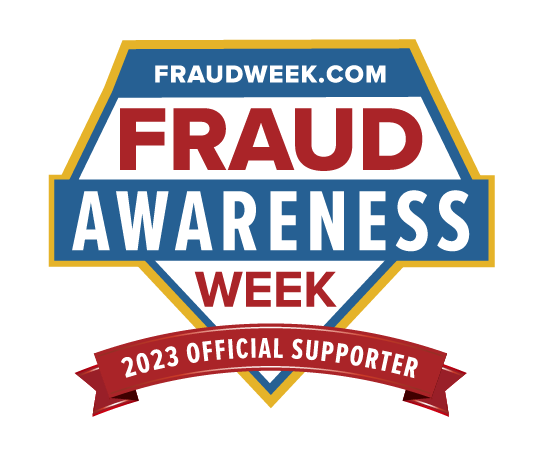Oversharing Personal Information
Fraudsters are using these social media platforms to research their ‘targets’. Using the data they gather, they may create an email account that appears to be an employee, they may spoof the employee’s business email address or in sophisticated cases they may even gain control of the employee’s business email account. Fraud risks include:
- Cyber enabled salary diversion fraud: Fraudsters posing as an employee and changing the bank account that the employee’s salary is paid into and diverting their pay to the fraudsters account.
- Fraud against salary sacrifice schemes: Fraudsters accessing an existing salary sacrifice account, or creating a new account, with the compromised credentials, and then amending personal contact details before requesting to purchase an item.
- CEO impersonation fraud: Criminals posing as a senior person in the business to persuade staff to make an urgent payment.
Whilst fraudsters are becoming ever more sophisticated in their crimes, there are several fraud prevention actions that can be taken by businesses and individuals, to reduce the risk of fraud, these include:
- Assessing the risk by measuring the extent to which employee’s are sharing personal information that may enable criminals to commit fraud.
- Raising awareness amongst staff, of the value of their personal information to fraudsters.
- Providing resources to empower employee’s to take control of the personal information that they share online.
- Technical solutions such as multi-factor authentication on business email accounts can protect your business and those you do business with.
As individuals, one of the best ways to avoid oversharing on social media is to set your account to private. Everything we share or post online tells people something about us. All of the major social media platforms have step-by-step guides to managing your privacy, this article by the National Cyber Security Centre (NCSC) provides links to the privacy sections of most major sites.
Never share details publicly, that could be pieced together and exploited by a fraudster – e.g. your age, birthday, address, workplace, first school, mother’s maiden name, relatives’ or pets’ names, or other obvious passwords.
At SAFE, our team of experienced, professionally qualified counter fraud specialists can help your business to mitigate the financial risks associated with employee's oversharing personal information.



Want more information?
SAFE - Security and Fraud Experts
Privacy Policy | Cookies




